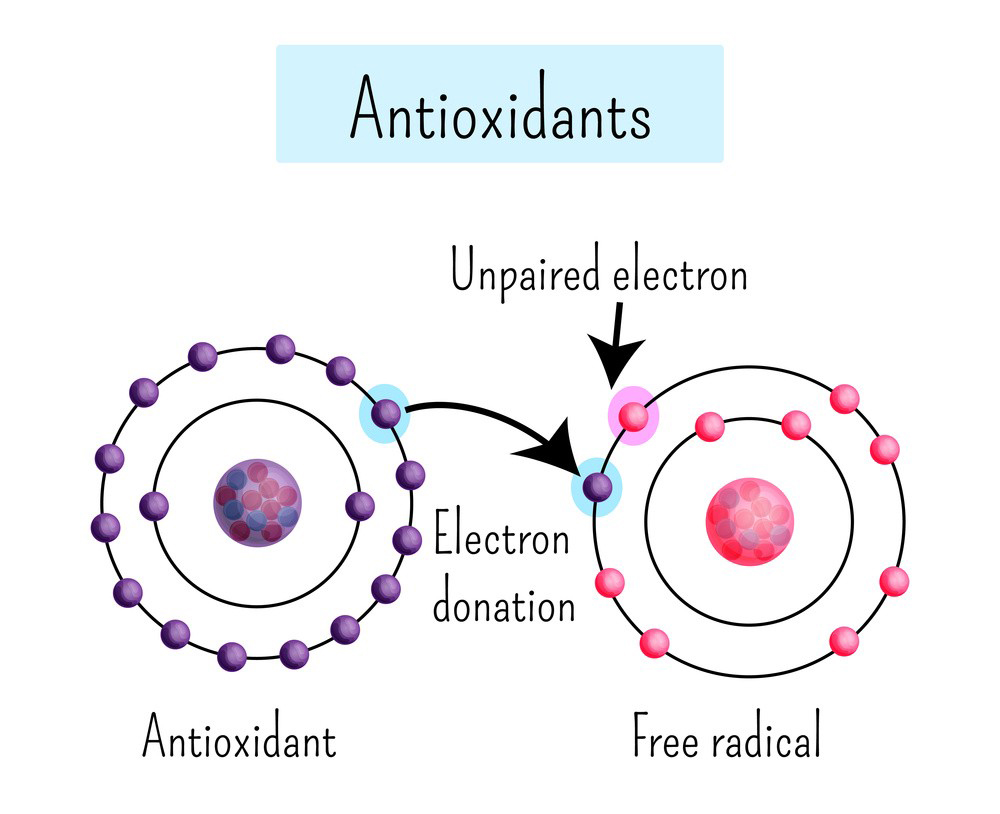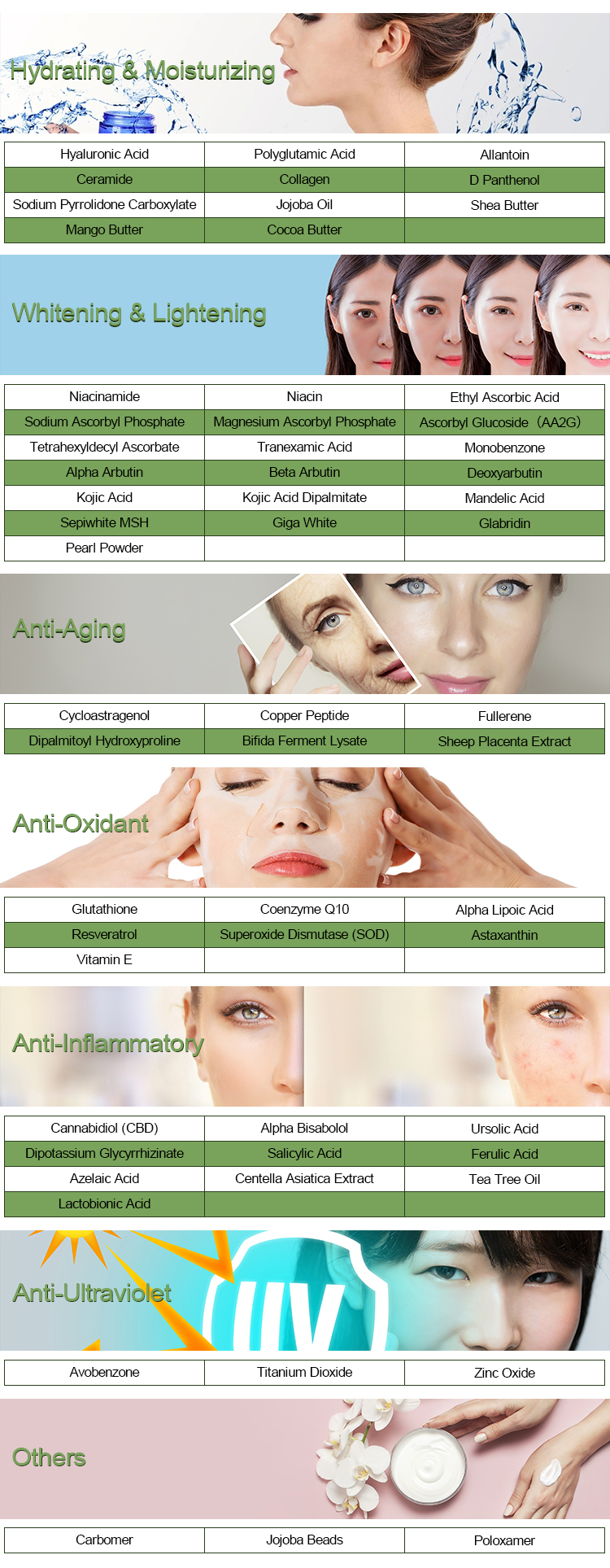Ferulic acid is a phytochemical compound found in various plants, particularly in fruits and vegetables. It’s known for its potential health benefits and is often used in skincare products as an antioxidant. Here are some of the pros and cons associated with ferulic acid:

Pros of Ferulic Acid:
- Antioxidant Properties: Ferulic acid is a potent antioxidant, which means it helps neutralize harmful free radicals in the body. This can protect cells from oxidative stress and damage, which is linked to various chronic diseases and aging.
- Skin Health: When applied topically, ferulic acid has been shown to provide benefits for the skin. It can enhance the effects of other antioxidants, like vitamin C and E, and help protect the skin from sun damage and environmental stressors.
- Anti-Inflammatory: Ferulic acid exhibits anti-inflammatory properties, which can be beneficial for reducing inflammation-related conditions or symptoms.
- Cardiovascular Health: Some studies suggest that ferulic acid might have a positive impact on heart health by helping to lower cholesterol levels and improve blood vessel function.
- Potential Cancer Prevention: Research indicates that ferulic acid may have anticancer effects due to its ability to inhibit the growth of certain cancer cells. However, more studies are needed to fully understand its role in cancer prevention.
- Neuroprotective Effects: There’s emerging evidence that ferulic acid might have neuroprotective properties, potentially contributing to brain health and protecting against neurodegenerative diseases.
Cons of Ferulic Acid:
- Skin Sensitivity: While ferulic acid is generally well-tolerated, some individuals with sensitive skin might experience irritation or allergic reactions when using skincare products containing high concentrations of ferulic acid. It’s recommended to do a patch test before applying it to a larger area of skin.
- Potential Interactions: If you’re taking medications or have certain medical conditions, it’s important to consult with a healthcare professional before using ferulic acid supplements, as it might interact with certain drugs.
- Limited Bioavailability: Ferulic acid has relatively low bioavailability, meaning that a significant portion of it might not be effectively absorbed by the body when taken orally. This can limit its potential systemic benefits.
- Research Gaps: While there’s promising research on the potential benefits of ferulic acid, more high-quality studies are needed to fully understand its effects on various health aspects, including cancer prevention, cardiovascular health, and neuroprotection.
- Dosage and Formulation: The appropriate dosage and formulation of ferulic acid can vary depending on the intended use and desired effects. Finding the right dosage and combining it with other compounds (like vitamins C and E for skin health) can be complex.
- Limited Food Sources: Ferulic acid is found in certain foods, but its concentration can vary widely. While it’s present in foods like fruits, vegetables, whole grains, and coffee, it might not be consistently consumed in significant amounts.

As with any compound, it’s important to approach ferulic acid with caution and consult with a healthcare professional before using it as a supplement or skincare ingredient, especially if you have underlying health conditions or are taking medications.
